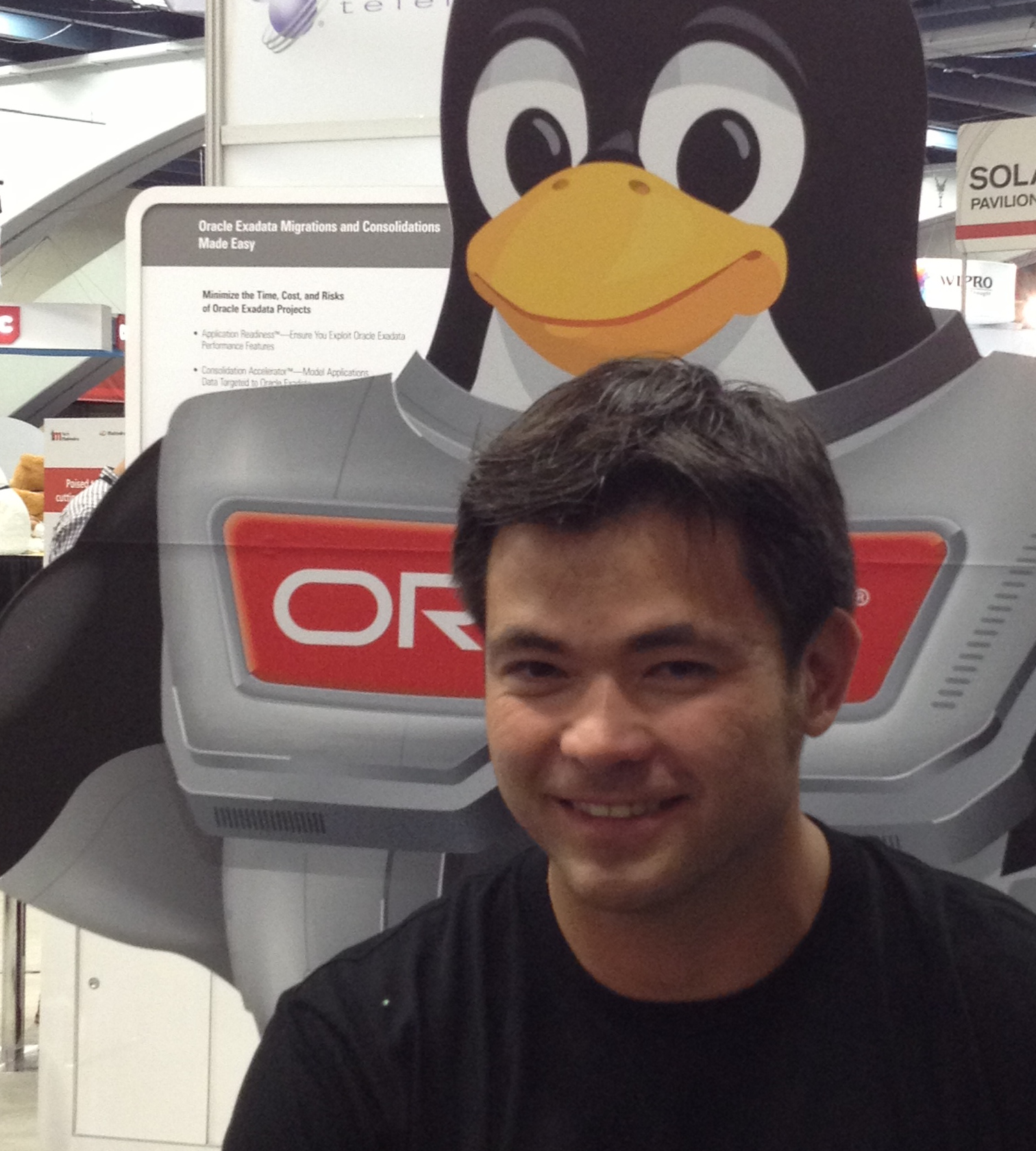Oracle continues to be a top contributor to Linux, contributing new features and bug fixes across the kernel. It’s been a few years since I’ve posted on this topic, so let’s take a look and see where we are now. Yes, this is a blog post about counting commits, but what I hope you take away from this is not the aggregate numbers but the consistency of the contributions, that Oracle is consistently ranked in the top 5 contributors to the kernel, excluding arch and device drivers.
In 2022, Jon Corbet at LWN made the comment that, “there are many companies that find it in their interest to support work on the Linux kernel, but rather fewer of them put resources into the core code that everybody uses.”. We took that definition, and calculated that Oracle was the top contributor to the core of the Linux kernel in 5.18. A few releases later, thanks to work introducing the Maple Tree datastructure, Oracle was the #1 overall contributor to Linux.
We aren’t doing this for the numbers, and counting commits is not a great proxy for progress; our goal is to improve the Linux kernel for our customers and for Oracle’s cloud infrastructure. These numbers undervalue both the significance and the impact of some of these contributions some of which have undergone three or more revisions and resubmissions on LKML prior to being accepted into the upstream tree. What I hope you’ll see is not the individual ranking but the consistency of the contributions, a consistency that paints a clear picture of the influence and contributions of Oracle developers to the Linux kernel. Looking at that “core of the kernel” metric, defined as ‘fs/ mm/ kernel/’ paths, Oracle was again the top contributor in the 6.4, 6.10 and 6.13 kernels:
v6.2: SuSE / Red Hat / Meta / Oracle (7.7%) 4th
v6.3: Red Hat / Oracle (13.6%) 2nd
v6.4: Oracle (12.7%) 1st
v6.5: Red Hat / Cristoph / Huawei / Suse / Oracle (6.5%) 5th
v6.6: Huawei / Red Hat / Oracle (10.9%) 3rd
v6.7: BCacheFS / Oracle (5.9%) 2nd
v6.8: BCacheFS / Red Hat / Oracle (10.0%) 3rd
v6.9: BCacheFS / Oracle (12.5%) 2nd
v6.10: Oracle (17.3%) 1st
v6.11: Red Hat / SuSE / BCacheFS / Huawei / Oracle (7.3%) 5th
v6.12: Red Hat / Huawei / BCacheFS / Oracle (7.5%) 4th
v6.13: Oracle (12.3%) 1st
v6.14: BCacheFS / Oracle (12.6%) 2nd
v6.15: Red Hat / BCacheFS / SuSE / Oracle (6.5%) 4th
The inclusion of filesystems as “core kernel” has caused some criticism, and the inclusion of BCacheFS also threw off some of those statistics. And so, I was curious what would happen if we further refined our definition of the “core” as ‘mm kernel’, dropping filesystems from the tally. Would that affect the outcome?
v6.2: Meta / Google / Red Hat / Oracle (5.6%) 4th
v6.3: Huawei / Google / linuxtronix / Red Hat / Oracle (5.3%) 5th
v6.4: Huawei / Red Hat / Oracle (10.4%) 3rd
v6.5: Red Hat / Oracle (10.6%) 2nd
v6.6: Huawei / Red Hat / Oracle (10.4%) 3rd
v6.7: Red Hat / Oracle (10.6%) 2nd
v6.8: Red Hat / Meta / Oracle (7.3%) 3rd
v6.9: Red Hat / Oracle (6.4%) 2nd
v6.10: Red Hat / Oracle (10.5%) 2nd
v6.11: Red Hat / Huawei / Google / linuxtronix / .. / Oracle (2.2%) 9th
v6.12: Red Hat / Huawei / linuxtronix / Meta / Oracle (6.0%) 5th
v6.13: linutronix / Red Hat / Huawei / Meta / Google / Oracle (5.1%) 6th
v6.14: Red Hat / Oracle (8.4%) 2nd
v6.15: Red Hat / linutronix / Google / Amazon/ Huawei / Nvidia / Oracle (4.2%) 7th
Even without filesystems, Oracle developers show up as key contributors, release over release.
A vibrant community
In the end, these numbers depict the power of collaboration. Oracle’s contributions are part of a much larger story, one that involves many developers and companies working together to build a robust solution. What encourages me most about these numbers is just how dynamic the contributors to the kernel are: no one company is driving the development of the Linux kernel, and even when Oracle is at the top of the list, we’re often contributing just over 10% of the overall development.
This relatively small slice is indicative of the health of the ecosystem – the fact that so many developers and organizations play a meaningful role ensures that the kernel evolves in a balanced and sustainable manner. That’s the sign of a healthy and growing community, and a foundation for future improvement and innovation to which we are proud to contribute.
